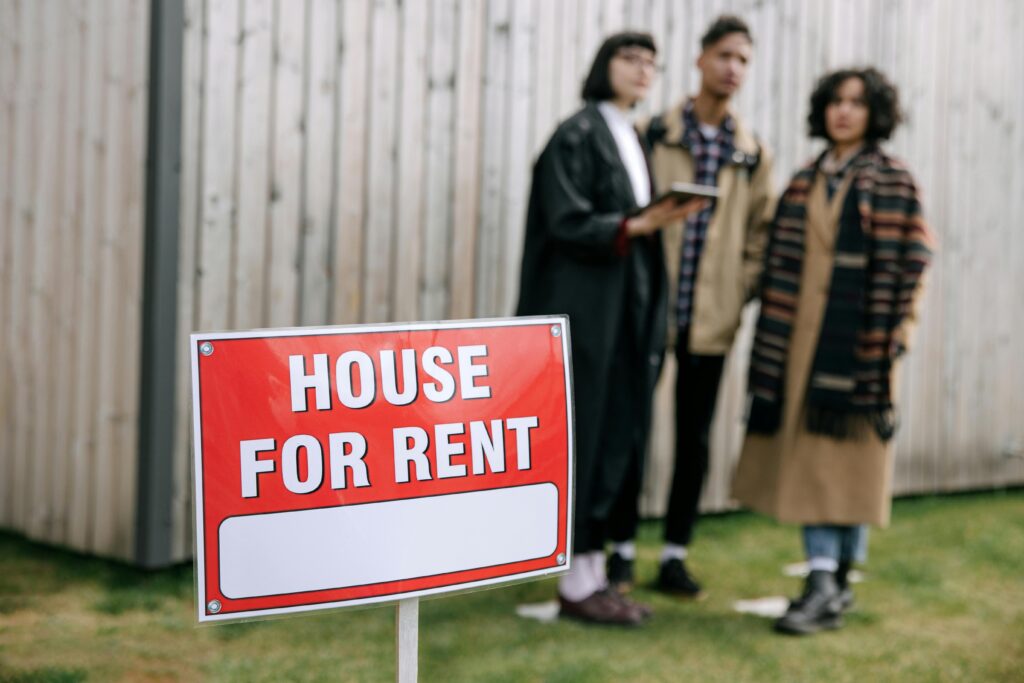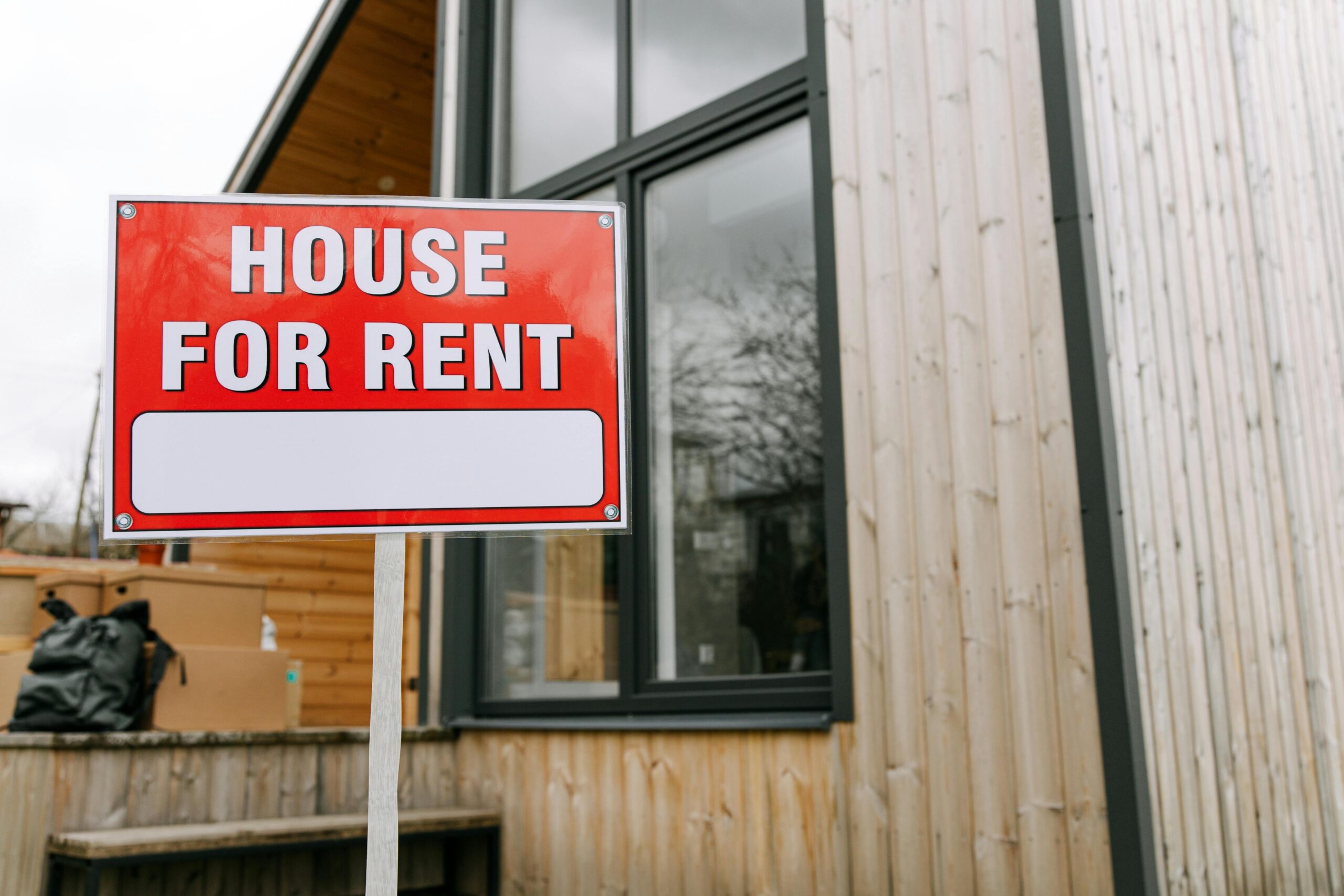
1. A Small Dip in Rents: What’s Going On?
For the first time since 2009, New Zealand has seen a slight drop in median weekly rents. The average rent for the past three months (up to May) was $598, which is just 0.3% less than last year. This is a small change, but it’s notable because rents usually keep climbing.
Don’t worry, this isn’t a sign of a big market crash! It seems to be more of a market correction. Rents had become quite high compared to what most people earn, making it harder for them to go up further. We’re also seeing fewer people moving into the country, which means a bit less demand for rentals. Plus, more new homes are being built, adding to the supply of available properties.
For you, this might mean a slightly slower increase in rental income, or perhaps no increase for a little while. However, it also suggests a more stable market where very high rent hikes aren’t sustainable. We believe incomes will slowly rise, which will help balance the market over time.
2. Good News for Interest Rates? Inflation Hints at Potential Relief!
Recently, we saw the latest inflation numbers (how fast prices are going up). They went up a tiny bit to 2.7%, but this is still within the Reserve Bank’s (RBNZ) target range. The encouraging part is that the cost of services within New Zealand is slowing down, which is what the RBNZ can influence most.
What does this mean for you? It means the Reserve Bank might cut the official interest rate on August 20th! A lower official cash rate often translates to more favorable mortgage rates. This could provide some financial relief for managing your investment properties and help reduce your borrowing costs.
3. Mortgage Hopping is at an All-Time High – Is it Time to Review Your Own?
Recent data shows a record number of people — over 3,500 in June alone — switched their mortgage providers! This highlights that many are looking for better deals. Banks are offering incentives like cashbacks to attract new customers. If you’re on a variable rate or a short-term fixed rate, it’s often easier and cheaper to switch.
This is a clear signal for you, our landlords, to review your own mortgage arrangements. Are you getting the best deal? It might be a good time to talk to your bank or a mortgage broker to see if you can save some money by switching or renegotiating.
4. A Softer Job Market: What to Watch For
New figures on job numbers for June are coming out soon. Lately, the job market has been a bit slower, with companies being careful about hiring.
How does this affect you? A weaker job market can mean that tenants might be a bit more cautious with their spending, and in some cases, it might take a little longer to find new tenants. It also explains why house prices aren’t seeing huge jumps right now, despite lower interest rates – a strong job market usually fuels house price growth. We’ll be keeping a close eye on this to ensure we’re attracting and retaining the best tenants for your properties.
5. Waiting for More Homes to Be Built
Finally, we’re looking forward to seeing the numbers for new building consents in June. After a big dip, these numbers have been steady for about a year. While we haven’t seen a massive boom in new construction yet, things are looking a bit more promising for the building industry, maybe picking up more strongly in 2026.
More new homes eventually means more choice for renters, and could lead to more competition in the rental market in the future. It’s always good to be aware of the long-term supply trends.
Source from oneroof: by Kelvin Davidson
Additional commentary from him can be found at https://www.oneroof.co.nz/news/latest-news/are-we-in-meltdown-why-rents-have-fallen-for-the-first-time-since-2009-47927
The opinions and research contained in this article are provided for information purposes only, are intended to be general in nature, and do not take into account your financial situation or goals.




